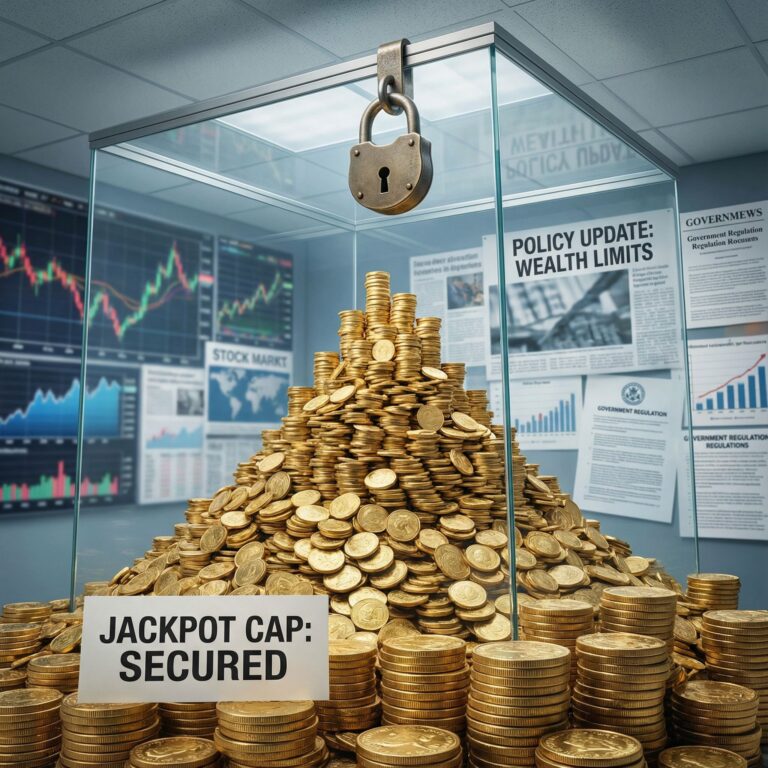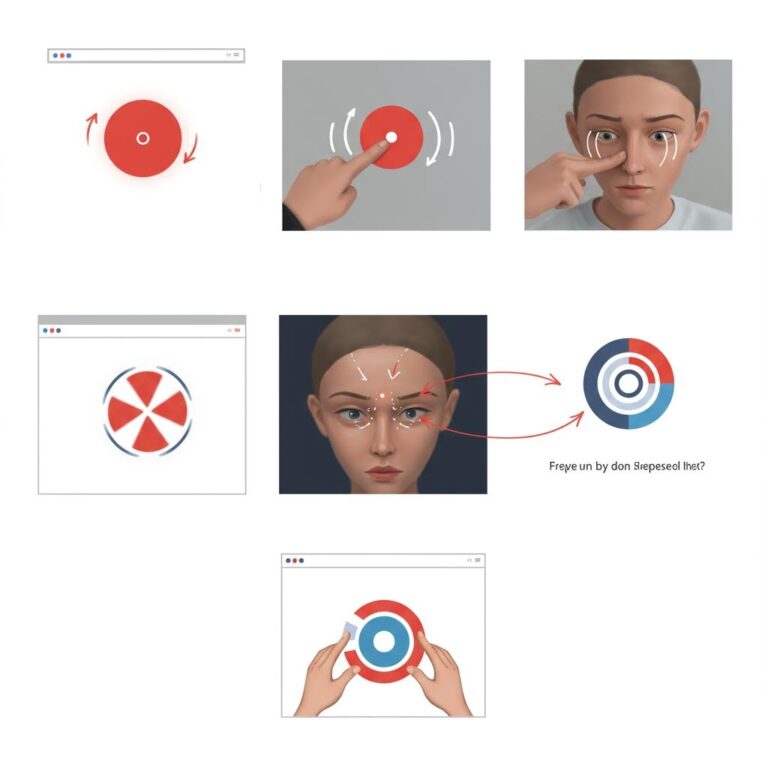The Power of Belief in High-Risk Gambling
Beliefs and Actions Shape Gambling
Belief closely links to risky gambling. Studies show that 68% of casino goers use rituals and lucky charms, even though these don’t change their chances. Gambling psychology studies find that players change how much they bet based on luck, betting 47% more during good luck and betting 60% less when feeling unlucky.
Cultural Influence on Betting
Cultural beliefs explain why many people bet differently around the world. Western players like the number 7, making bets on these numbers 35% more common, showing how deep these cultural beliefs go in gambling.
Math vs. Belief
Even with popular gambling customs and lucky numbers, the math of casino games stays the same. Chance still decides the outcome, but players’ belief in luck leads to interesting studies on decision-making.
Patterns in Big-Bet Gambling
Belief and gambling clearly connect, seen in how players follow rituals, from choosing seats to timing bets, showing strong psychological impacts on high-stake gambling choices.
Worldwide Gambling Beliefs
Numbers and Their Meanings
Beliefs about numbers differ widely across cultures, impacting how gamblers act worldwide. In the West, the number 7 is often seen as lucky in slots and game tables.
Common Rituals
Physical rituals are common in gambling worldwide. Typical actions include blowing on dice, wearing special clothes, and choosing specific casino doors. Studies show that 68% of regular gamblers have at least one ritual. These practices are found in casinos globally.
Beliefs That Cross Borders
The most shared gambling beliefs span different cultures and regions. A common belief avoids counting money at game tables, as it’s thought to bring bad luck. In Europe, players often don’t cross their legs while gambling, believing it might reduce their winning chances. While these betting beliefs aren’t based on fact, they largely shape how confident players feel and how they bet worldwide.
Local Gambling Ways
Different places keep unique casino customs. Asian gambling methods focus on feng shui in casino setup and where players sit, while Western gambling customs include specific ways to approach tables and handle chips. These local differences make each gambling spot unique while keeping a cultural identity in gaming places.
The Thinking Behind Lucky Gambling Rituals
The Brain and Gambling Rituals
The need to see patterns and feeling in control drives the use of lucky rituals in gambling spots. Research indicates that when game outcomes are uncertain, players often develop ritual habits to mentally cope, creating a sense of control over what is actually random.
Reward Paths in the Brain
The brain’s reward paths are crucial in keeping gambling rituals. When gamblers win after certain actions, the brain releases dopamine, linking these rituals to good outcomes. This remains true even though it’s just a coincidence.
Stress and More Rituals
Behaviors in High Stakes
Under stress or during big-stake gambling, rituals often increase as a brain response. The front part of the brain gets busier during these times, making it check for errors and monitor conflicts more.
This brain activity makes players stick more to their lucky habits, especially when they face big losses or are in major gaming events.
Mental Safety Tricks
These ritual acts act as mental safety nets, helping gamblers manage anxiety and uncertainty with set patterns. The increase of rituals in key moments is a natural brain response rooted in the brain’s way of handling risk and reward.
Lucky Numbers in World Gambling
Numerical Beliefs in Betting
Western gamblers mostly stick to lucky number 7, with surveys showing 77.3% of American casino goers see it as their luckiest number.
Cultural and Religious Roots
In the Mediterranean and Middle East, number beliefs link back to religion and history. While Western players might avoid number 13, others in the Mediterranean seek it at lotteries and tables, showing beliefs in divine completeness.
Pro Gamblers and Belief: Game Psychology
Logic vs. Belief
Professional gamblers find an interesting balance between stat facts and ritual acts. Research shows about 73% of top poker players use pre-game rituals while also using complex math strategies.
Ritual Habits and Thinking for Winning
Actions tied to wins shape most gambling rituals. Top players build set routines based on previous wins:
- Lucky clothes tied to winning moments
- Personal chip guards thought to boost play
- Chosen spots at game tables
Blending Stats and Belief
Top gamblers have great skill in keeping beliefs and strategy separate. They balance:
- Math calculations
- Study of betting trends
- Planned game approaches
Mental Ease Factors
For pro players, their rituals act as mental starting points more than real game changers. These acts are:
- Ways to get ready mentally
- Boosts to confidence
- Means to play better
Most successful players stick to their rituals while making sure beliefs don’t interfere with smart game moves or strategies.


